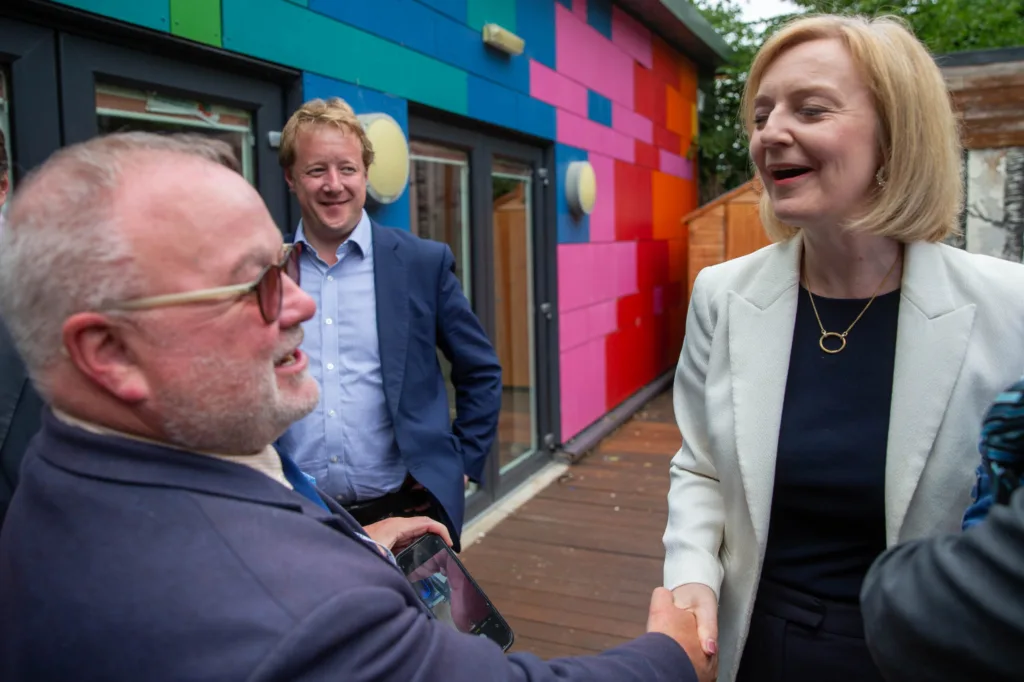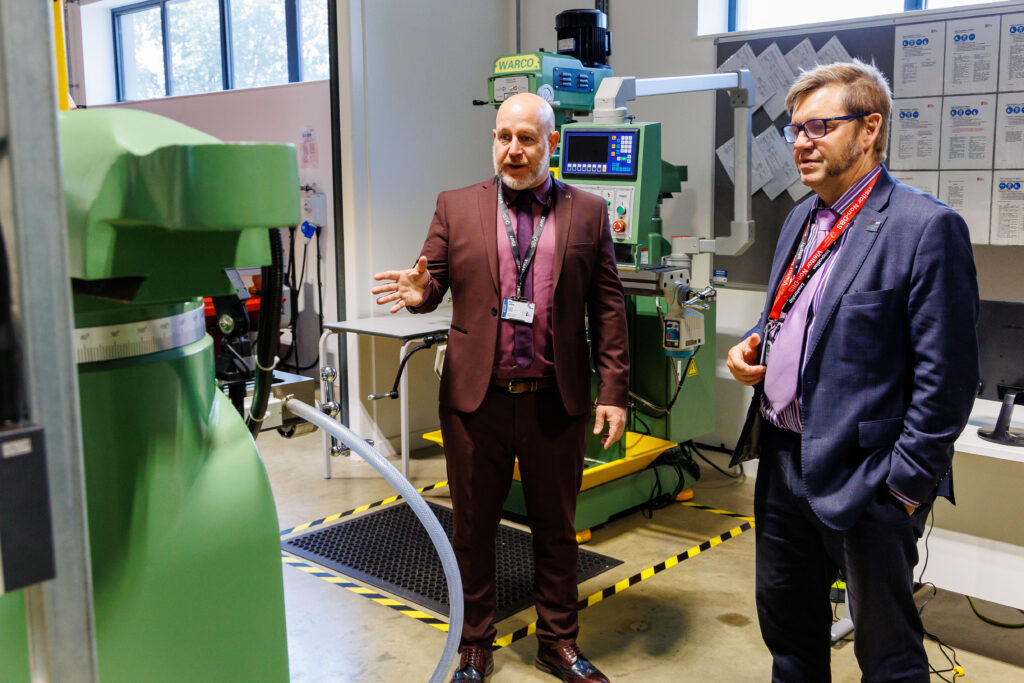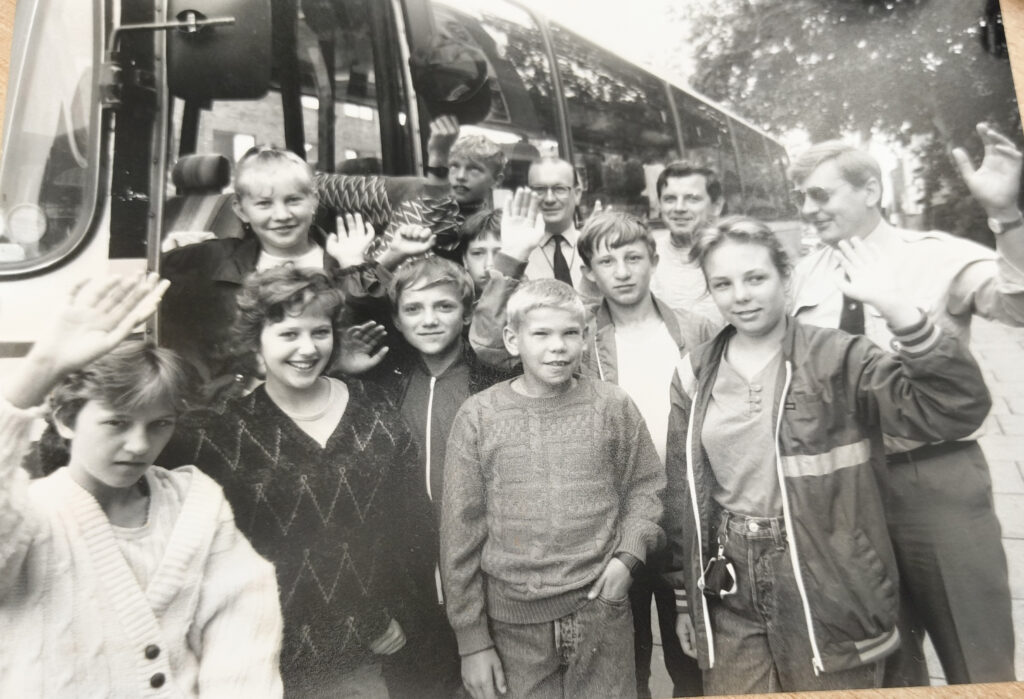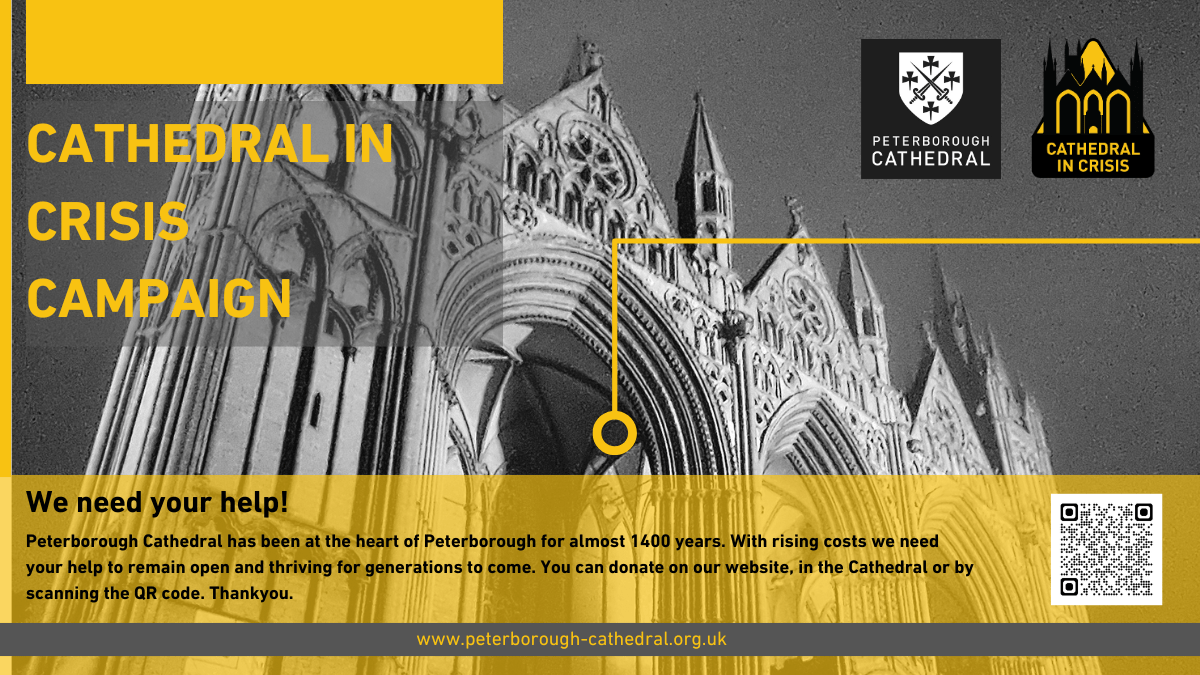“The money is gone and is unlikely to come back” is the brutal assessment of Peterborough City Council of itself.
“A decade into austerity, local government finances have been eroded to tipping point,” says a report considered by the city council cabinet.
“And so, we face many more years of fiscal restraint as we move into a new era of permanent austerity.
“Meanwhile demand for our services is rising, partly as a result of the impact of austerity on some of our communities and partly because of the macro-economic reality we find ourselves in.
“All this is happening in the context of increasing demand and pressures on our National Health Service (NHS) and the implications this has on our communities and the services we provide as a council.”
The report says: “Now more than ever, our city is facing significant on-going financial challenges and risks – doing nothing or to continue doing what we have done in the past is not an option, nor is doing less.
“We need to find our own ways to plan and then gear up for a future in which we can operate effectively, independently and do so within a reduced financial envelope.
“This requires us to have a response and a more positive vision for our city.
“We need to act now and then move at pace.”
The report says the pandemic has had a negative impact upon the council’s finances and those of its partner organisations “creating a significant hole in the council’s medium-term financial plan.
“We anticipate needing to close a budget gap in excess of £20m to £30m over the coming years because of this and other demand led, inflationary or Covid related pressures.
“Adopting a business as usual, ‘salami slicing’ approach to managing this gap, is unlikely to deliver the savings we need – nor will it enable us to address future challenges.”
Citing issues of climate change, infrastructure requirements and housing, the report says that if is not enough there is now a cost-of-living crisis.

And the latter is “partly driven by inflationary pressures from the cost of energy and foods, supply chain disruption and the inescapable truth of excessive monetary quantitative easing (printing money)”.
They have led to exponential price increases across all sectors “and which are most felt by our communities.
“We anticipate inflationary pressures and decreasing purchasing power to continue for the unforeseeable future, effectively eroding residents’ disposable income further”.
“The impact on our city and communities have yet to be evaluated as economic prosperity and growth will falter over the coming months and years,” says the report.
Decisions now needed will determine how well prepared the city will be for what is still to come over the coming years.
Councillors have been presented with ideas to achieve financial sustainability.
These include:
1: Reduce spend and get a better deal from everyone who provides services for the council.
2: Find ways of “doing things differently in a way that improves outcomes and doing more for less or have somebody else doing it cheaper”. The council was told this could include bringing back more in-house services where external provision has fallen short of expectations.
3. Balance the sale of assets which only offer one off benefit and therefore “diminish our opportunity to benefit from future returns”.
4. Look at ‘non vital’ services and possibly charge more for them.
The report says: “But at its heart, this is not only about money – our long-term financial resilience rests on our ability to manage demand and help and support people before they reach crisis point while finding ways to improve outcomes and to tackle inequality in our communities by maximising sustainable economic growth that benefits everyone”.
Cabinet was told it was essential to find new ways of connecting and building trust with younger residents.
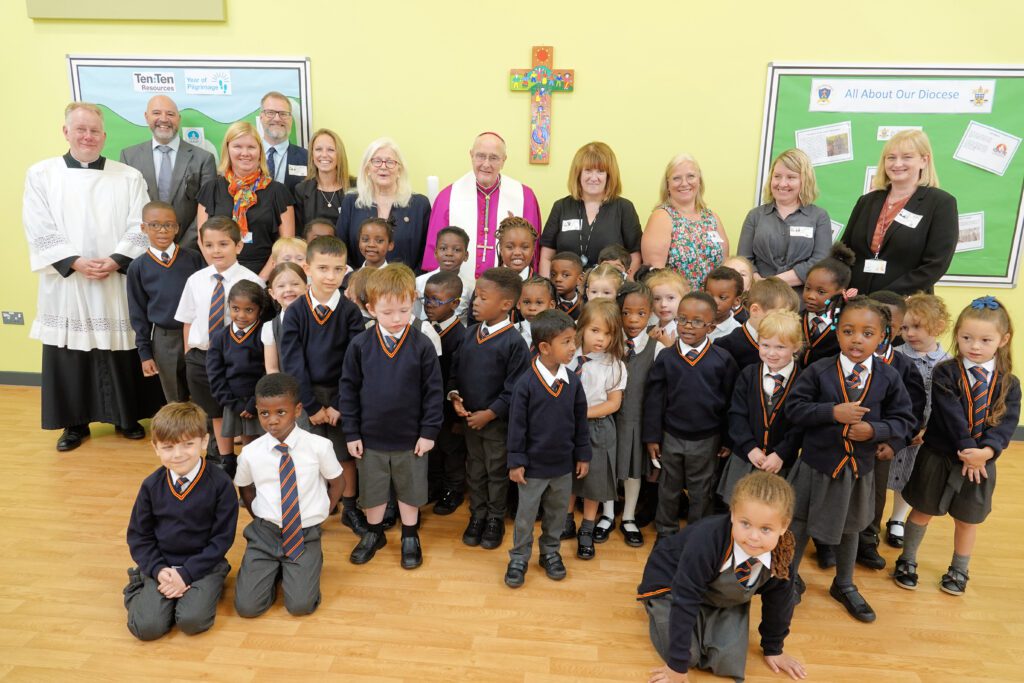
“This includes re-connecting and reaching out to our younger residents and using alternative methods of communication and new ways of bringing people closer to us – this is about trust,” says the report.
“We also need to change because what the council has done in the past is no longer good enough in meeting what our residents need and expect today.
“Our residents are at the bottom of too many league tables – people in the city die earlier, have poorer health and lower levels of education and skills than in most other cities.
“Too many are insufficiently skilled, too many are in low paid work, too many struggles to find suitable accommodation to live in.”
The report felt that “the combined impacts of austerity, population change, and government policy means that we can no longer afford to meet the needs of our residents by spending more money on the kinds of services the Council provides.
“Instead, we need to re-focus what we do so that we can identify the root cause of needs and tackle it – so that people have a better chance of living in their community more independently and with better outcomes.

The report adds: “While our structures have been resilient during crisis (because we had to), the old structures are no longer fit for purpose to service future needs.”
The report accepts that Peterborough has a dynamic and vibrant economy.
“However, these measures are not necessarily very good indictors to describe income distribution amongst those who live and work here.
“The same applies to measures of deprivation, the narrative which often describes Peterborough as a deprived place when compared to other local authorities nationally.
“In reality, neither picture is true at face value.
“Our city is quite an unequal place -some of our residents are in professional occupations, living in affluent neighbourhoods and whose children achieve highly at school and who start and run successful businesses.
“Yet too many of our residents work in low skills, low wage jobs, with poor or worsening health and disability, live with low job security and experience in-work poverty.
“These individuals and families are particularly vulnerable to the cost-of-living crisis and shocks to our economy.”
The report offered gloomy evidence of the inequalities of life in the city.

“Today more than a third of our children in the city grow up in poverty, with 18,000 households living on less than £284/week – a circle we will need to find ways to break,” says the report.
“We can stand by and watch things happen, seeing inequalities increase and the weakest driven out of the city – or we can help shape the future so that the whole city benefits and prospers.”
The report also offers thoughts on housing and notes that the number in temporary accommodation is rising dramatically.
“For many, home ownership has become a distant dream and for some the risk of eviction has become reality,” says the report.
And on money and debt, the report accepts that for most residents there will “further erosion of their disposable income, leading to higher household debt levels, eviction rates and debt owed to the council.
“While current unemployment levels are at a historic low (nationally and locally), wages have not kept up with inflation.
“Unemployment is particularly stark amongst our young population (aged 18-24), and we expect this demographic group to struggle finding well paid employment as the economy falters and as their skill set and experience do not match future job opportunities.
“The risk for this group to fall into a life-long dependency spiral is now real.”
And on health and wellbeing the report says that on many measures residents have worse health outcomes than national averages – including higher rates of obesity and diabetes.
The current cost-of-living crisis will only accelerate this trend as households are forced to substitute healthy foods and habits for cheaper options.
“For our young population, the physical health impacts of the pandemic are most visible with national obesity data showing the largest single year increase in childhood obesity equivalent to a 10-year increase,” says the report.
“The big change in obesity and overweight should cause considerable concern and is likely to lead to poorer health outcomes in later life.
“Furthermore, many children and young people experienced a considerable negative impact during the first lockdown of 2020, with increased loneliness and social isolation – this is reflected in the number of mental health referrals amongst our younger residents”.

The report also finds that residents in Peterborough experience higher crime levels than other residents in the East of England and England as a whole – violent and sexual offences are significantly above the national average.
And all too often children are caught up in adult violence.
“The success of our city depends on the success of our future generation – our children,” the report concludes.
“We therefore have a once in a generation opportunity to make sure our children not only grow up in a safe and prosperous environment.”
Councillors were told: “The success of what we do and how we do it not only depends on our ability to create the right capacity and capability to develop high performing functions to support service delivery but a strategic corporate core which can lead, plan, and enable, and then make sure service delivery is integrated and collaborative.
“This is as much about leadership and people as it is about getting the basics right.”
“The starting point is the challenge of finding significant savings over the coming years and to provide for the required long term financial sustainability – only then we can invest into our city’s future.
“We will do this by implementing a future operating model which will enable us to manage demand and help and support people before they reach crisis point while finding ways to tackle inequality in our communities by maximising sustainable economic growth that benefits everyone.”
The report sums up very much what the challenge to the city council is all about.
“While our city continues to grow and prosper, there are still too many people who feel left behind and who do not directly benefit from the opportunities our city presents to us,” the report.
Tackling that, successfully, is the next stage.


